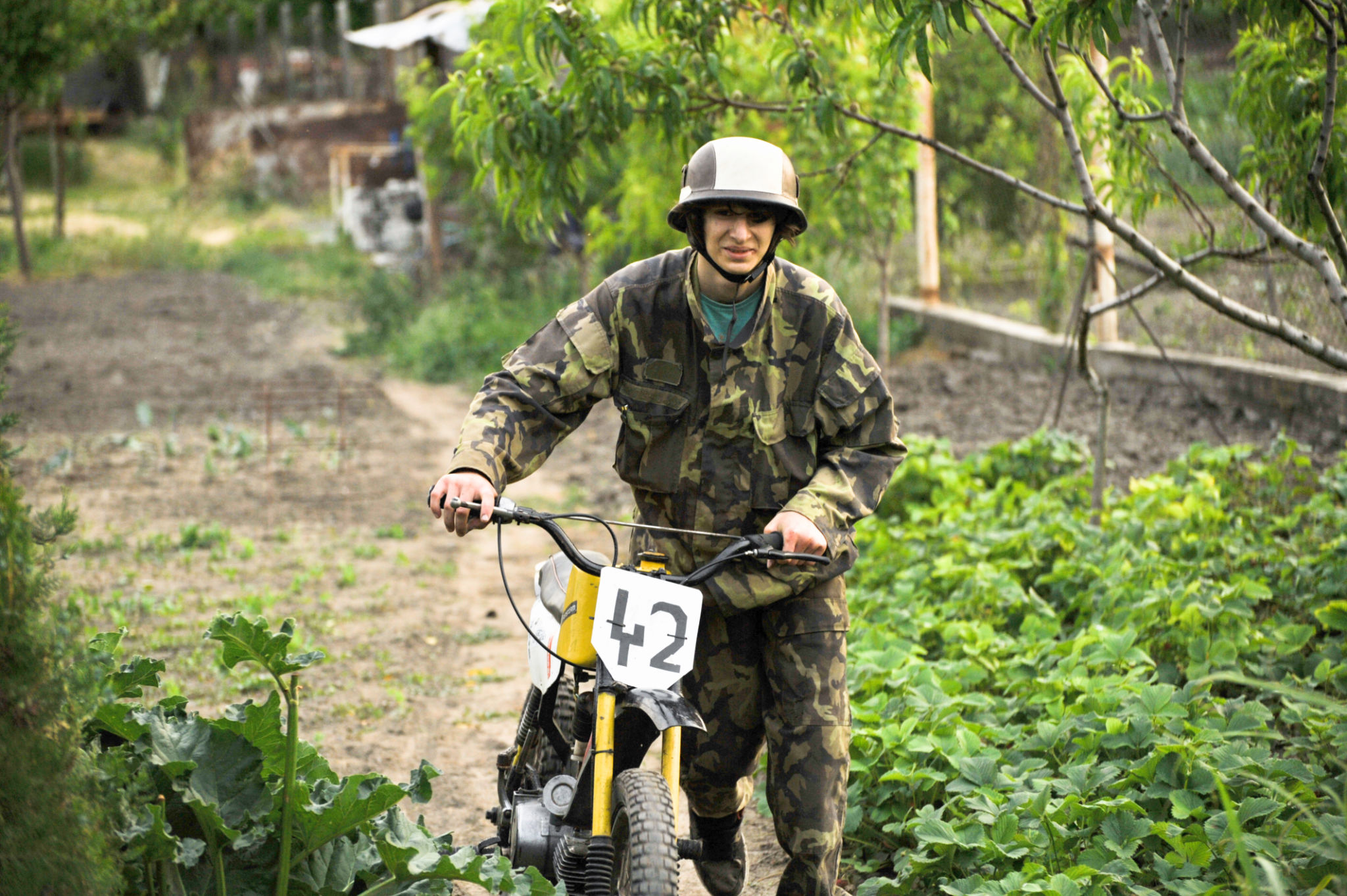How Local Policymakers in Sierra Leone Are Tackling Child Soldier Recruitment
Introduction to the Issue
The recruitment of child soldiers is a grave issue that has plagued many regions around the world, and Sierra Leone has been no exception. Over the years, local policymakers in Sierra Leone have taken significant strides to address this harrowing practice and work towards a future where children can thrive without the fear of being forced into armed conflict.

Understanding the Challenges
One of the primary challenges in tackling child soldier recruitment is the complex socio-economic conditions that make children vulnerable. Poverty, lack of education, and limited access to resources often leave families and communities in precarious situations. These conditions can lead to children being coerced or manipulated into joining armed groups.
Moreover, the aftermath of prolonged civil conflict has left a legacy of trauma and instability, making it crucial for interventions to be both comprehensive and sensitive to the needs of affected communities.
Policy Interventions and Strategies
Local policymakers in Sierra Leone have implemented several strategies to combat child soldier recruitment. These include:
- Legislative Measures: Strengthening laws that explicitly prohibit the recruitment and use of child soldiers, with severe penalties for violators.
- Community Engagement: Collaborating with local leaders and organizations to raise awareness about the rights of children and the importance of keeping them out of armed conflicts.
- Rehabilitation Programs: Offering support and rehabilitation for former child soldiers, helping them reintegrate into society through education and vocational training.

The Role of Education
Education plays a pivotal role in preventing the recruitment of child soldiers. By investing in educational infrastructure and ensuring access to quality education for all children, policymakers aim to provide alternatives that empower youth and reduce susceptibility to recruitment.
Initiatives have been launched to ensure that schools are safe spaces that promote peace and development, emphasizing the importance of education in breaking the cycle of violence.
Partnerships and International Support
Collaboration with international organizations has been instrumental in bolstering Sierra Leone's efforts. Partnerships with entities like UNICEF and various non-governmental organizations (NGOs) have provided resources, expertise, and visibility to the issue on a global scale.

Success Stories and Positive Outcomes
There have been notable successes in reducing the number of child soldiers in Sierra Leone. Community-based initiatives have effectively raised awareness, leading to a significant decrease in recruitment rates. Success stories highlight the resilience of former child soldiers who have been reintegrated into society and are now advocates for peace.
These outcomes demonstrate the effectiveness of a multi-faceted approach that includes legal measures, education, community involvement, and international cooperation.
The Road Ahead
As Sierra Leone continues its journey towards lasting peace, the commitment of local policymakers remains crucial. Ongoing efforts to strengthen legal frameworks, enhance educational opportunities, and provide support for affected children are essential components in ensuring that future generations are protected from the scourge of armed conflict.
Sustained progress will require vigilance, dedication, and collaboration at all levels—from local communities to international partners—ensuring that Sierra Leone sets a global example in eradicating child soldier recruitment.